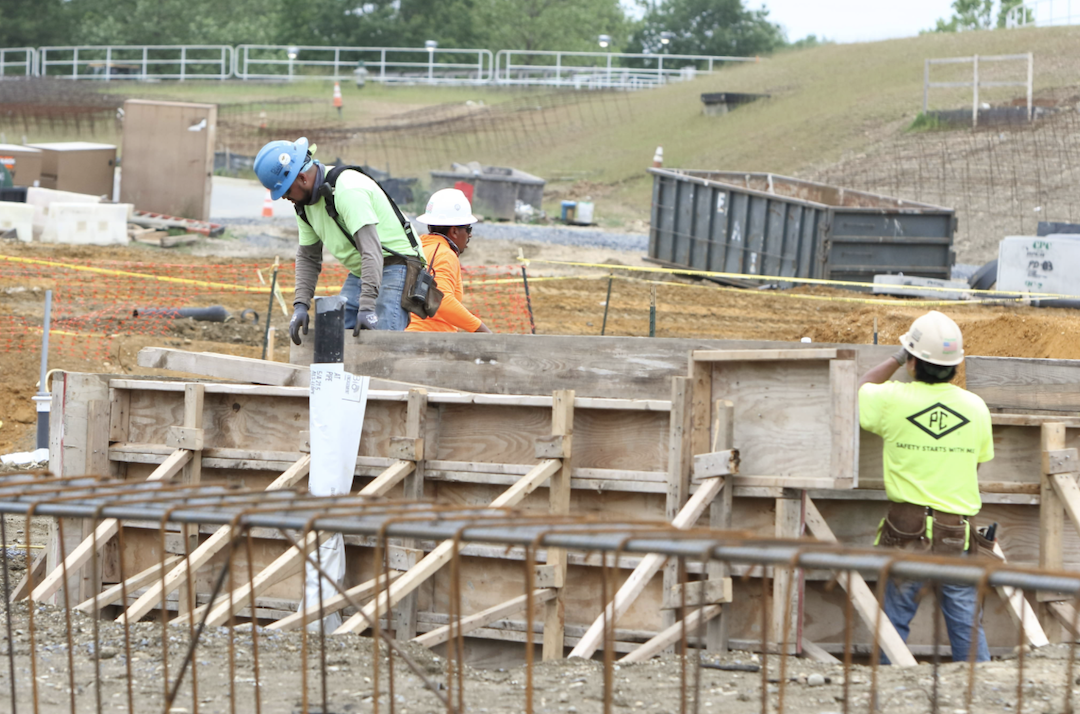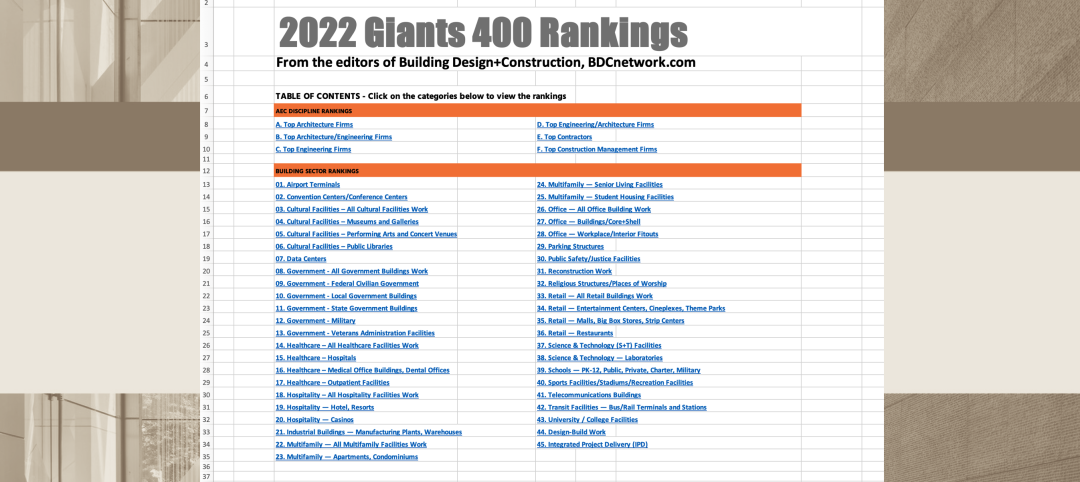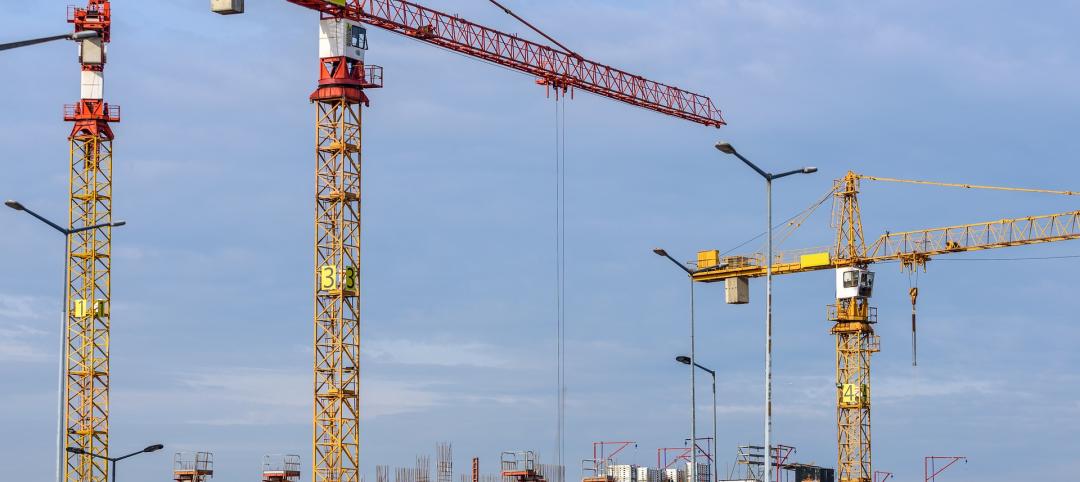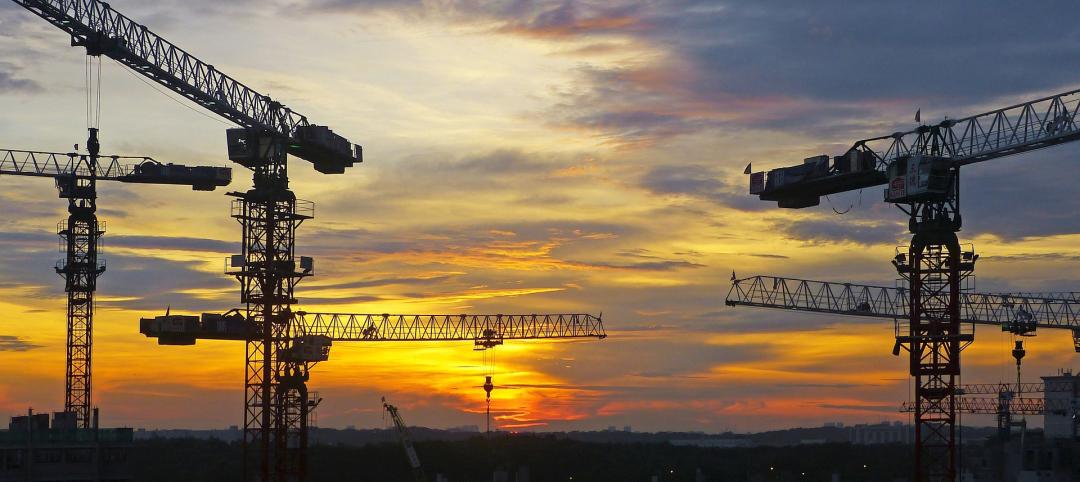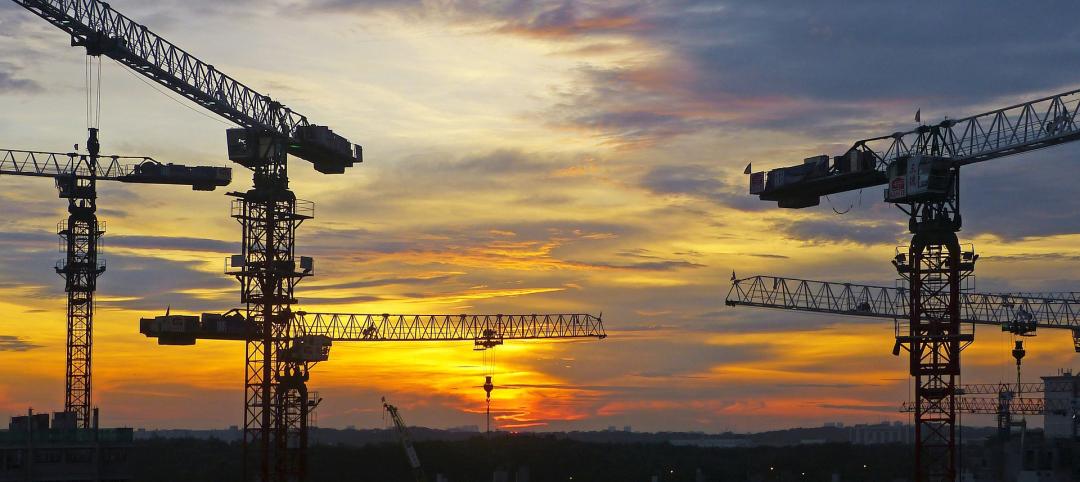Nearly one-fifth of U.S. metro areas lost construction jobs between September 2020 and September 2021, according to an analysis by the Associated General Contractors of America of government employment data released today. Association officials noted that the job losses are occurring in many metro areas as plans to boost investments in infrastructure languish in Washington and firms cope with shortages, delivery delays and construction materials price increases.
“Many metro areas are having a hard time getting back to construction employment levels from last fall that were already low because of the pandemic,” said Ken Simonson, the association’s chief economist. “The challenge is that the economic recovery for the construction industry is being undermined by Washington’s failure to boost infrastructure investments and continuing supply chain disfunction.”
Construction employment declined from a year earlier in 67 metros and held steady in 33. Nassau County-Suffolk County, N.Y. lost the most jobs (-6,000 or -8%), followed by New York City (-5,500 jobs, -4%); New Orleans-Metairie, La. (-3,100 jobs, -12%); Calvert-Charles-Prince George’s, Md. (-3,100 jobs, -9%) and Baltimore-Columbia-Towson, Md. (-2,400 jobs, -3%). The largest percentage declines were in Evansville, Ind.-Ky. (-18%, -1,800 jobs); New Orleans-Metairie; Fairbanks, Alaska (-10%, -300 jobs); Knoxville, Tenn. (-10%, -1,800 jobs); Gadsden, Ala. (-9%, -100 jobs); Calvert-Charles-Prince George's; and Victoria, Texas (-9%, -300 jobs).
Construction employment increased in 258 out of 358 metro areas over the last 12 months. Sacramento--Roseville--Arden-
Association officials urged members of Congress in the House to quickly pass an infrastructure bill that already received broad, bipartisan support in the Senate. They also encouraged the Biden administration to explore ways, like temporarily adjusting hours of service rules for drivers, to unclog shipping facilities that how more goods than drivers.
“Washington leaders have the ability to fix our supply chains now while also investing in their long-term efficiency,” said Stephen E. Sandherr, the association’s chief executive officer. “But nothing is going to get fixed with partisan talk and legislative and executive inaction.”
View the metro employment data, rankings, top 10, new highs and lows, and map.
Related Stories
Contractors | Feb 14, 2023
The average U.S. contractor has nine months worth of construction work in the pipeline
Associated Builders and Contractors reports today that its Construction Backlog Indicator declined 0.2 months to 9.0 in January, according to an ABC member survey conducted Jan. 20 to Feb. 3. The reading is 1.0 month higher than in January 2022.
Office Buildings | Feb 9, 2023
Post-Covid Manhattan office market rebound gaining momentum
Office workers in Manhattan continue to return to their workplaces in sufficient numbers for many of their employers to maintain or expand their footprint in the city, according to a survey of more than 140 major Manhattan office employers conducted in January by The Partnership for New York City.
Giants 400 | Feb 9, 2023
New Giants 400 download: Get the complete at-a-glance 2022 Giants 400 rankings in Excel
See how your architecture, engineering, or construction firm stacks up against the nation's AEC Giants. For more than 45 years, the editors of Building Design+Construction have surveyed the largest AEC firms in the U.S./Canada to create the annual Giants 400 report. This year, a record 519 firms participated in the Giants 400 report. The final report includes 137 rankings across 25 building sectors and specialty categories.
Multifamily Housing | Feb 7, 2023
Multifamily housing rents flat in January, developers remain optimistic
Multifamily rents were flat in January 2023 as a strong jobs report indicated that fears of a significant economic recession may be overblown. U.S. asking rents averaged $1,701, unchanged from the prior month, according to the latest Yardi Matrix National Multifamily Report.
Market Data | Feb 6, 2023
Nonresidential construction spending dips 0.5% in December 2022
National nonresidential construction spending decreased by 0.5% in December, according to an Associated Builders and Contractors analysis of data published today by the U.S. Census Bureau. On a seasonally adjusted annualized basis, nonresidential spending totaled $943.5 billion for the month.
Architects | Jan 23, 2023
PSMJ report: The fed’s wrecking ball is hitting the private construction sector
Inflation may be starting to show some signs of cooling, but the Fed isn’t backing down anytime soon and the impact is becoming more noticeable in the architecture, engineering, and construction (A/E/C) space. The overall A/E/C outlook continues a downward trend and this is driven largely by the freefall happening in key private-sector markets.
Hotel Facilities | Jan 23, 2023
U.S. hotel construction pipeline up 14% to close out 2022
At the end of 2022’s fourth quarter, the U.S. construction pipeline was up 14% by projects and 12% by rooms year-over-year, according to Lodging Econometrics.
Products and Materials | Jan 18, 2023
Is inflation easing? Construction input prices drop 2.7% in December 2022
Softwood lumber and steel mill products saw the biggest decline among building construction materials, according to the latest U.S. Bureau of Labor Statistics’ Producer Price Index.
Market Data | Jan 10, 2023
Construction backlogs at highest level since Q2 2019, says ABC
Associated Builders and Contractors reports today that its Construction Backlog Indicator remained unchanged at 9.2 months in December 2022, according to an ABC member survey conducted Dec. 20, 2022, to Jan. 5, 2023. The reading is one month higher than in December 2021.
Market Data | Jan 6, 2023
Nonresidential construction spending rises in November 2022
Spending on nonresidential construction work in the U.S. was up 0.9% in November versus the previous month, and 11.8% versus the previous year, according to the U.S. Census Bureau.


